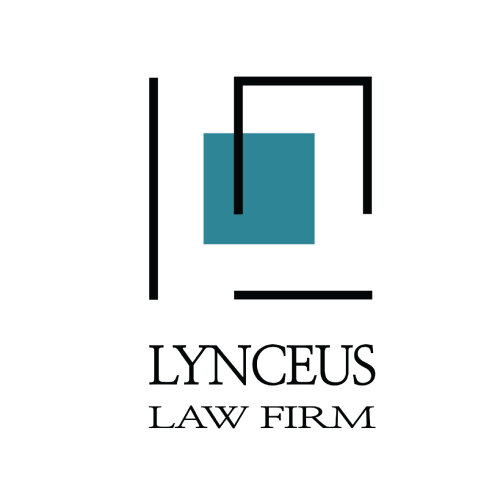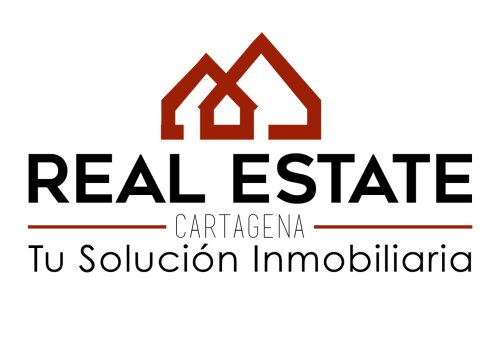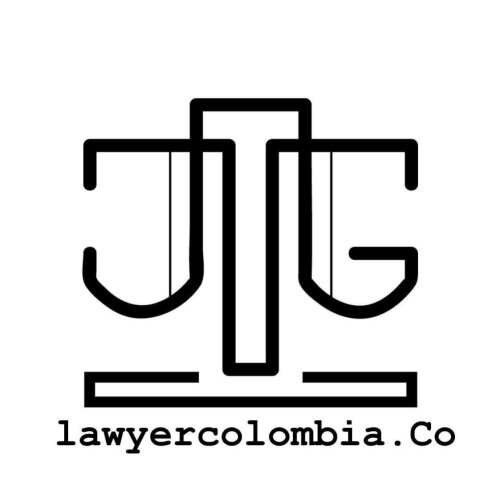Best Landlord & Tenant Lawyers in Colombia
Share your needs with us, get contacted by law firms.
Free. Takes 2 min.
Free Guide to Hiring a Real Estate Lawyer
Or refine your search by selecting a city:
List of the best lawyers in Colombia
About Landlord & Tenant Law in Colombia
Landlord and Tenant law in Colombia governs the rental relationships between property owners (landlords) and tenants. This legal framework seeks to balance the rights and duties of both parties, ensuring fairness and protecting each party's interests throughout the rental period. Key regulations can be found in the Civil Code and Law 820 of 2003, which outlines rental agreements, obligations, and dispute resolution mechanisms. The law covers various types of leases, including residential, commercial, and agricultural, offering specific provisions and safeguards for each category.
Why You May Need a Lawyer
There are several scenarios where seeking legal advice in landlord and tenant issues might be essential:
- Lease Agreement Drafting/Review: To ensure terms are fair and legally binding.
- Dispute Resolution: In cases of rental disputes, such as non-payment of rent or eviction issues.
- Property Damage: When there are disagreements over property conditions and repairs.
- Lease Termination: Understanding the legal grounds for terminating a rental contract.
- Rent Increases: To assess the legality of proposed rent changes.
- Subletting Issues: Advice on the legalities and process to sublet property.
- Protecting Tenant Rights: In cases of landlord harassment or failure to provide basic utilities.
- Understanding Local Law Changes: Keeping abreast of legislative updates affecting landlord-tenant relationships.
Local Laws Overview
Understanding the legal landscape for landlord and tenant relations in Colombia involves several key components:
- Lease Formality: Leases exceeding two years, or those for commercial use, must be in writing.
- Security Deposits: These are common, with specific stipulations governing their management.
- Tenant Rights: Tenants have rights to privacy, peaceful enjoyment, and a habitable space.
- Landlord Obligations: Must maintain the property, comply with safety standards, and handle repairs.
- Eviction Procedures: Evictions require a justified legal reason and adherence to due process.
Frequently Asked Questions
What are the basic components of a rental contract in Colombia?
Rental contracts should include the identities of parties involved, property details, rent amount, payment terms, lease duration, and conditions for termination.
How is rent typically paid in Colombia?
Rent is usually paid monthly and can be paid directly to the landlord or through a real estate management company.
Can a landlord increase the rent during the contract period?
Rent increases are generally possible only if stipulated in the contract, according to the terms agreed, or if justified under economic changes per legal allowances.
What happens if a tenant cannot pay the rent?
Tenants unable to pay rent should communicate with the landlord to discuss potential payment plans. If unresolved, the landlord may seek eviction through formal legal channels.
Are there legal limits on the amount for security deposits?
There is no specific national limit, but the security deposit typically equates to one to two months' rent.
What grounds for eviction exist for Colombian landlords?
Legal grounds include non-payment of rent, lease expiration, property damage, or if the landlord requires the property for personal use.
Is it possible to sublet a property in Colombia?
Subletting is generally allowed if explicitly permitted in the rental agreement, otherwise landlords must approve it.
How long is a standard lease term?
Lease terms vary but are typically one to three years, with automatic renewals possible if conditions are met.
What should a tenant do if the property is in disrepair?
Tenants should formally notify the landlord of needed repairs in writing, giving reasonable time for issues to be addressed.
Can landlords enter a rented property without notice?
No, landlords are generally required to provide reasonable notice unless it's an emergency situation requiring immediate access.
Additional Resources
For further assistance, consider reaching out to the following resources:
- Superintendencia de Industria y Comercio (SIC): Provides guidance on consumer rights in rental situations.
- Ministry of Housing, City and Territory: Offers resources on housing policies and regulations.
- Defensoría del Pueblo: A government entity that aids citizens in understanding and protecting their rights.
Next Steps
If you require legal assistance in landlord-tenant matters, consider taking the following steps:
- Consult a Lawyer: Seek legal advice from a lawyer specializing in property law for tailored guidance.
- Gather Documentation: Organize all relevant documents, including your lease agreement, payment records, and communication with the landlord.
- Seek Mediation: Consider mediation services to resolve disputes before pursuing legal action.
- Stay Informed: Keep updated with the latest laws and regulations to ensure compliance and protection of your rights.
Lawzana helps you find the best lawyers and law firms in Colombia through a curated and pre-screened list of qualified legal professionals. Our platform offers rankings and detailed profiles of attorneys and law firms, allowing you to compare based on practice areas, including Landlord & Tenant, experience, and client feedback.
Each profile includes a description of the firm's areas of practice, client reviews, team members and partners, year of establishment, spoken languages, office locations, contact information, social media presence, and any published articles or resources. Most firms on our platform speak English and are experienced in both local and international legal matters.
Get a quote from top-rated law firms in Colombia — quickly, securely, and without unnecessary hassle.
Disclaimer:
The information provided on this page is for general informational purposes only and does not constitute legal advice. While we strive to ensure the accuracy and relevance of the content, legal information may change over time, and interpretations of the law can vary. You should always consult with a qualified legal professional for advice specific to your situation.
We disclaim all liability for actions taken or not taken based on the content of this page. If you believe any information is incorrect or outdated, please contact us, and we will review and update it where appropriate.
Browse landlord & tenant law firms by city in Colombia
Refine your search by selecting a city.















